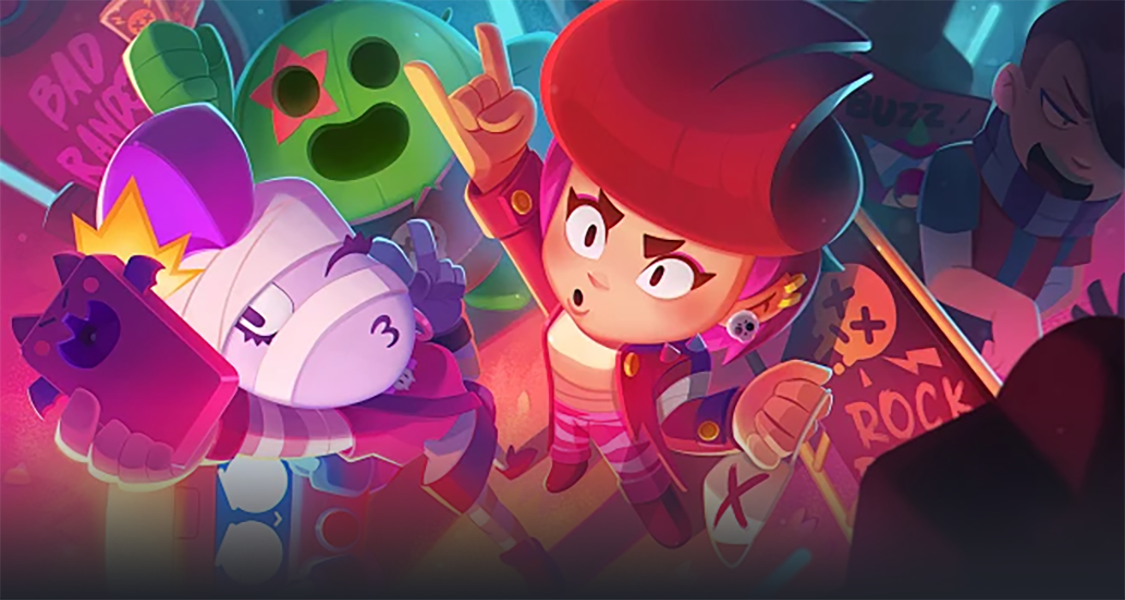If you enjoy our site, learn more about GAME!
Discover a world of exciting challenges online at GAME, the ultimate destination for amazing games designed for girls, boys, and kids with diverse interests! Our website offers a vast collection of free games, accessible on mobile phones, tablets, computers, and laptops. With a variety of fun categories, you can enjoy your favorite characters in games like motorcycle, adventure, spa, action, makeover, and dress-up, suitable for both boys and girls. Popular cartoon categories include Princesses, Ben 10, Batman, Superheroes, Pokemon, Fantastic Four, Hulk, Thor, Little Mermaid, Moana, and Frozen. 10,Batman,Superheroes,Pokemon,Fantastic Four,Hulk,Thor,Little Mermaid,Moana or Frozen!
Experience cutting-edge technology with HTML5 games, ensuring seamless play on mobile devices. Just connect to the internet, visit GAME via Google, and start playing with friends. Explore our new 2 Player category, along with 3 Player and even 4 Player games for children. Challenge yourself with adventure, chess, puzzle, shooting, and racing games, featuring fast cars, 3D vehicles, motorcycles, helicopters, airplanes, and F1 cars. Dive into endless fun and adventure on GAME!




